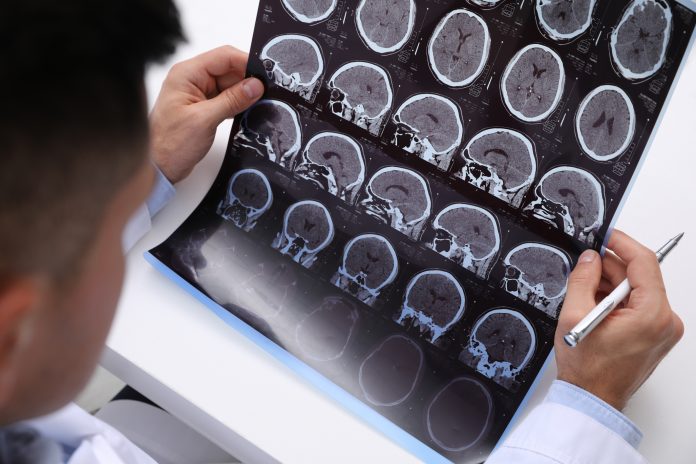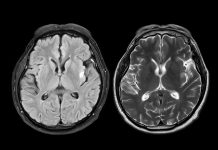Christen Richards, Committee Member from MS Society Jersey, unpacks multiple sclerosis symptoms for us, focusing on recognising the key points to help the diagnostic process
The first thing to know about multiple sclerosis (MS) is that no two people will completely share the same symptoms. While some conditions present in the same way in every individual affected, each person affected by MS has a unique experience.
Understanding multiple sclerosis symptoms
Firstly, it’s important to understand what multiple sclerosis is and what it does to your body. While sclerosis may sound like an intimidating word, to put it simply, it means the abnormal hardening of body tissue; knowing this may make it easier to understand the condition.
When people are affected by MS, their immune system mistakenly attacks a healthy part of their body, specifically the brain, spinal cord, or nervous system. The condition attacks the area around the nerves, called the myelin sheath, which damages and scars it and potentially the nerves, which can cause the messages transmitted around the body to be slowed down or interrupted.
The different types of MS
Under the umbrella of multiple sclerosis, there are three main types; depending on which type a person has, it can significantly affect how each person experiences multiple sclerosis symptoms. 80-90% of people with the condition live with relapsing-remitting MS, meaning they will experience periods of new or worse symptoms (relapses), which can last anywhere from a few days to a few months. The time between relapses can greatly vary, with some experiencing little to no symptoms.
Approximately two-thirds of people with relapsing-remitting MS progress to being diagnosed with secondary progressive MS (SPMS), meaning the disability will steadily worsen, and there will be no periods of time without symptoms. The constant progression comes after the initial diagnosis, which is why it’s called secondary progressive MS.
For those living with primary progressive MS (PPMS), 10-20% of people with the condition experience a progression or worsening of symptoms from the first (primary) symptom, without periods of time with no symptoms.
Recognising multiple sclerosis symptoms
With MS attacking the nervous system, it can lead to a complicated and diverse set of symptoms that can sometimes be hard to diagnose. However, there are some symptoms and patterns to watch out for that can indicate you may have MS.
Symptoms can be visible or invisible. MS can trigger intense fatigue, difficulty walking, vision problems (such as blurred vision), numbness or tingling in the body, and muscle stiffness or spasms. Other people living with MS have reported problems controlling the bladder, maintaining balance and coordination, and thinking and learning.
Noticing a problem with your vision can often indicate the condition. This is called optic neuritis, with optic meaning to do with the eyes and neuritis meaning swelling or inflammation, and it can cause loss of vision and pain. Studies have found that in approximately a quarter of cases of MS, the first symptom people have noticed is visual disturbances.
Getting diagnosed
If you relate to many of the multiple sclerosis symptoms and think you may have the condition, the first step is to speak to your GP, who may then refer you to a neurologist or specialist. Several tests can diagnose MS, including a neurological examination, an MRI, an evoked potentials test (a painless test which measures the time it takes for your brain to receive messages from your eyes, ears and skin), a lumbar puncture or spinal tap, as well as blood tests and other tests to rule out other conditions.
Getting diagnosed can be daunting or frightening for some, or for others, it can come almost as a relief and offer a sense of validation to their feelings and experiences. One of the best things a person going through the process of getting diagnosed can do is to talk to someone who is going through something similar or someone who has already been on the journey to diagnosis.
Many people who have received an MS diagnosis have been able to connect with similar people through the MS Society Jersey.








